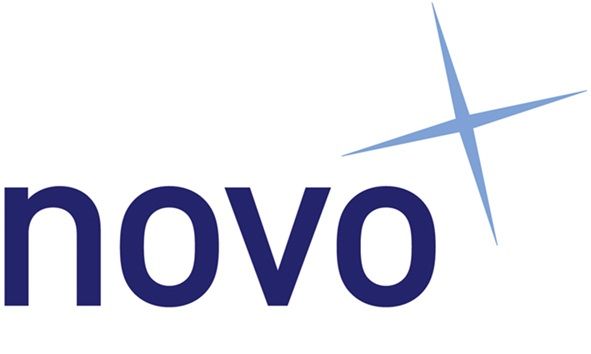TEF and the implications for employers

TEF (the Teaching Excellence Framework) should help universities create more work-ready graduates.
Society’s expectations of universities have risen dramatically since the escalation of tuition fees in 2012.
Never before has the value of a higher education been more scrutinised by students, parents, government and employers, who all share the belief that education can underpin the future prosperity of this country. With the launch of the new TEF (Teaching Excellence Framework) ratings universities have the opportunity to demonstrate they are meeting these expectations. The underlying theory is that the quality of education will increase, but is this good for employers?
In the current economic climate it’s essential that higher education careers services ensure a ready supply of highly-skilled graduates to fill the graduate positions available. Students are often under the misconception that securing their dream role is solely about academic achievement. We know, however, that it isn’t just about academic performance, and employers often advise universities on competencies they desire from graduates. A university education should also provide students with a commercially viable skillset. But how will the TEF drive this agenda?
What is the TEF?
On 8 July 2015 the government’s Summer Budget indicated that higher education institutions (HEIs) could increase tuition fees for new students in line with inflation from 2017-18, if they are providing high-quality teaching. The Teaching Excellence Framework (TEF) is a scheme for recognising excellent teaching, in addition to existing national quality requirements for universities, colleges and other higher education providers. It provides information to help prospective students choose where to study. There are three benchmarked metrics included in each institution’s TEF submission:
- Employment/destination – where did higher education leavers end up (i.e. did they find employment), from 2017 results of HMRC tax returns.
- Retention/continuation – how many students stayed on their course (annual data returns to the Higher Education Statistics Agency).
- Student satisfaction indicators – qualitative and quantitative data concerning how students feel about their education experience from the National Student Survey (such as teaching quality and learning environment).
What does this mean for employers?
The TEF requires students to be taught the ‘transferrable work-readiness skills’ that businesses need. Employer design and delivery in the curriculum is a key component in the TEF as this ensures that degrees are commercially relevant and practically focused while still maintaining academic rigour. This is an interesting shift in our education system; putting into sharper focus a graduate’s employability and opening the door for more academic influence from employers. Here’s some practical advice on how to get involved on a strategic level.
There are several strategies that employers can use to engage with HEI’s:
- Employer delivery:Employers can provide business professionals that work with academics to deliver lectures or assess activities.
- Employers advising on the curriculum:Employers can give direct advice to universities through participating in steering groups and advisory boards.
- Work-based learning:A range of activities that take place within a work setting including placements, work experience and some forms of volunteering. This provides opportunities for students to apply their subject understanding in a practical way and exercise their skills.
- Mentoring:Providing a long-term relationship between a more experienced person in employment and a student, to help the latter develop their understanding of the world of work.
- Work-related learning:Providing real work situations and encompassing teaching methods such as case studies, projects, study visits and simulated work environments.
- Employability modules:Modules specifically addressing employability issues that could include student identity, the nature of the graduate labour market, career choices, self-awareness, skills development, job seeking, enterprise and entrepreneurship and, critical exploration of the concept of a ‘career’.
The message is clear to employers that the TEF can enable those who take a strategic approach to graduate recruitment access to a variety of channels and forge a long-term partnership directly with universities or through a consultancy. So how will you adapt your approach?
Originally published on HR Magazine, https://www.hrmagazine.co.uk/article-details/tef-and-the-implications-for-employers












